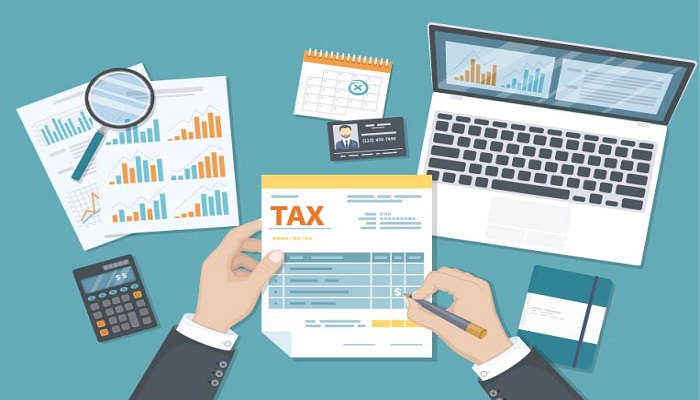
In the view of many taxpayers, the IRS is like some kind of “big bad wolf”. This fear of the IRS usually results from a general lack of information on the government agency and how it operates. One of the areas that confuse most taxpayers is that of IRS appeals. For this reason, we are going to answer 5 of the most common questions people have about the IRS and the IRS office of appeals.
Question #1
Can you receive a tax refund if you’re currently making payments under an installment agreement or payment plan for another federal tax period?
Unfortunately, the answer is no. In order to apply for an IRS installment agreement with the IRS office of appeals, you are required to contribute any due refunds towards your tax debt payments. However, it is important that you keep in mind that your refunds won’t be taken as part of your regular payments. This means that even if your refunds are credited towards the payment plan, you’ll still have to make your regular payment installments according to schedule.
If your refund exceeds the balance of your debt and you don’t have any other past debt such as federal or state tax, child support, and student loans, you can receive a refund. You will get the excess amount once your tax debt is covered.
Related Blog: Answering 5 FAQS about IRS Penalty Abatement
Question #2
What should I do if I made a mistake on my federal return that I’ve already filed?
If you notice a mistake on your tax return, taking the right course of action without delay is key. There are different courses of action that you can take.
When you’ve simply made a mathematical error, chances are that your mistake will be corrected by the IRS. Mathematical errors are often noticed during the processing of your return and corrected accordingly. Major mistakes such as claiming an incorrect filing status or omitting a change in your income, deductions, or credits, require you to file an amended return using Form 1040X. Once filed, the IRS can take up to 16 weeks to process the amended return.
Question #3
How do I know if I have to file quarterly individual estimated tax payments?
There are certain conditions under which you are required to make estimated tax payments for the current year.
Do you expect to owe at least $1,000 in tax for the current tax year after subtracting your withholding and refundable credits? If the answer is yes, you must answer the following. Do you also expect your withholding and refundable credits to be less than 90% of the tax to be shown on your current year’s tax return, or 100% of the tax shown on the previous year’s tax return? Meeting both of these conditions means that you must make estimated tax payments.
Always remember that special rules apply for some high-income taxpayers, nonresident aliens and farmers, and fishermen.
Related Blog: Answering 5 FAQs about IRS Tax Lien Assistance
Question #4
I retired last year and started receiving social security payments. Do I have to pay taxes on my social security benefits?
To determine whether your benefits are taxable, you’ll need to add one-half of your benefits, plus all of your other income, including tax-exempt interest. If this amount is greater than the base amount for your filing status, then your benefits can be taxable. The base amount of your filing status varies based on whether you’re single, married filing jointly, married filing separately from your spouse but living together or married filing separately and living apart for at least a year.
Question #5
Is there an age limit on claiming my child as a dependent?
If you want to claim your child as a dependent on your tax returns, he or she must meet either the qualifying child test or the qualifying relative test. So, what criteria must your child meet?
For the qualifying child test, your child must be younger than you and either less than 19 years old or be a “student” less than 24 years old as at the end of the calendar year. If your child is permanently and totally disabled there is no age limit on the qualifying test.
Get Answers and Help Today
The IRS office of appeals can provide a lot of information regarding IRS appeals and appeal letters, among others. You can also get specific information and answers regarding your IRS tax problems by consulting a tax law professional. Nick Nemeth’s Law Offices offer free consultations on IRS appeals and a host of other tax-related matters. Get the answers you need and simplify your annual taxing obligations. Call us at (972) 426-2553 for more information!

